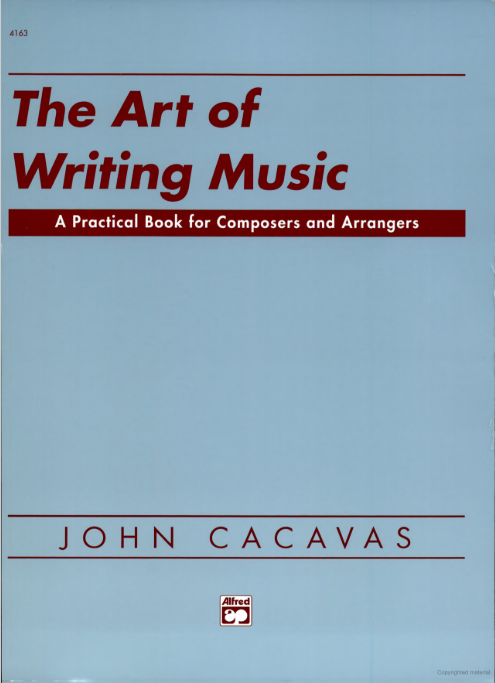I was looking for some advice on how to write one of the most crucial parts of any musical composition: countermelodies.
I searched “the art of countermelodies” and was flooded with generic advice written by people who, quite frankly, never studied any actual music, let alone Classical Music in a Conservatory.
Mostly, they were random producers that gave their advice. While undoubtedly valuable for some, I wanted the real deal.
So I added the word “Beethoven” to my Google Search.
And I found a book from 1993 by John Cacavas, which is an American Composer known for his television scores.

Very interestingly, this is what he had to say:
CREATING A COUNTERMELODY
If a countermelody were to move in exactly the same rhythm as the melody it would serve as harmony. Several countermelodies moving independently, such as in a fugue, create harmony as they pass in and out, but they are still countermelodies.
The simplest rule of thumb in creating countermelodies is this: when the melody is sustained, you move your line. When the melody moves, you sustain your line. The countermelody will always be heard second behind the melody because the melody is usually stated first.
The countermelody should enhance the main theme, never confusing it or competing with it. This is even more important when a second countermelody is introduced. When we get beyond one such secondary theme, then we are entering the area of modified canons and fugues.
Amazing! Exactly the kind of advice I was looking for.
And now comes my favorite part:
We must also be aware of what the ear can assimilate in one hearing. As a composer or arranger, you will go over the material in your mind or at the piano countless times. For the audience, it’s only once. Keep that in mind. Keep it simple.
Countermelodies are great places to use passing tones and suspensions. I love suspensions. I like to think that subliminally they keep listeners on the edge of their seats.
Awesome. I really needed that.
I think everything here is self-explanatory and the advice is very simple and straightforward.
I just wanted to put some advice from actual composers out there on the internet, and I hope I made you realize that there’s more knowledge out there than the first results on Google, especially in books and music.
Enter your info to access “50 EDM Chord Progressions” (Direct Download)